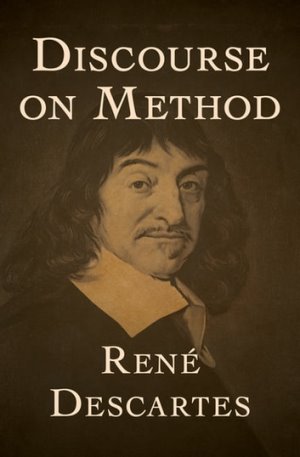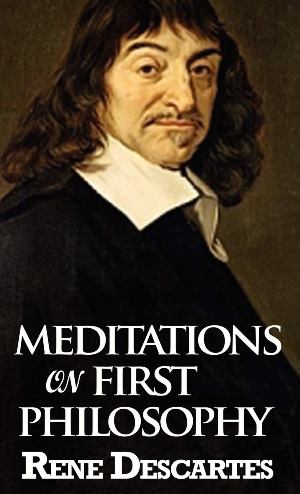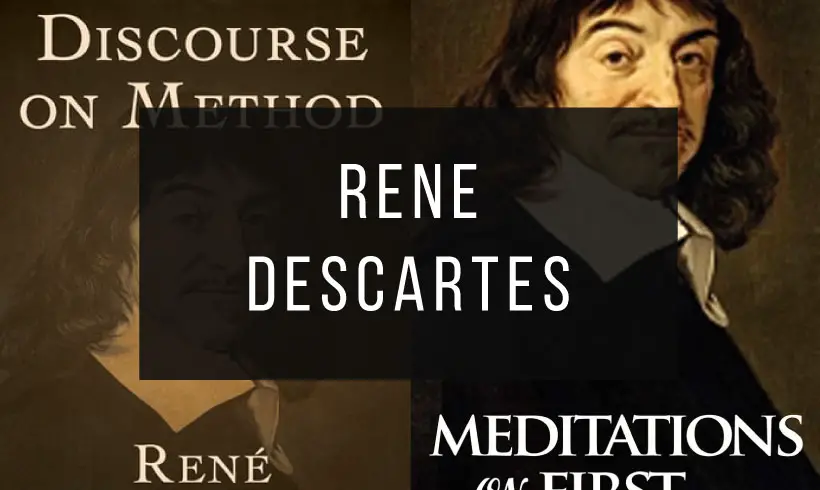Explore the foundational ideas of modern philosophy with our free collection of René Descartes books in PDF format.
René Descartes, often called the “Father of Modern Philosophy,” revolutionized the way we think about knowledge, existence, and science. His works are essential for understanding the roots of Western intellectual thought.
From the groundbreaking Meditations on First Philosophy to the influential Discourse on the Method, René Descartes challenges readers to question assumptions and seek certainty through reason and logic.
Perfect for students of philosophy, science, and critical thinking, this collection offers a glimpse into the mind of a thinker who reshaped the intellectual landscape.
Download these René Descartes books in PDF now and engage with the timeless ideas of one of history’s greatest philosophers.
1) A Discourse On Method

A Discourse on Method, whose full title is "Discourse on the Method of Rightly Conducting One's Reason and of Seeking Truth in the Sciences", is the major work written by René Descartes and a fundamental work of Western philosophy with implications for the development of philosophy and science.
It was published anonymously in Leiden (Holland) in 1637. It was, in fact, the prologue to three essays: Dioptrique, Météores and Géométrie; grouped under the joint title of Philosophical Essays.
Descartes titled this work Discourse on Method for a precise purpose. In a letter he wrote to Marin Mersenne, he explains that he titled it Discourse and not Treatise to show that he did not intend to teach, but only to speak.
2) Meditations

Meditations, whose full title is "Meditations on First Philosophy, in which the existence of God and the immortality of the soul are demonstrated", is a work first published in 1641, in Latin, under the title Meditationes de Prima Philosophia, in qua Dei existentia et animæ immortalitas demonstratur.
The work comprises six meditations:
●First meditation: Of things that can be called into doubt.
●Second meditation: Of the nature of the human mind.
●Third meditation: Concerning God, that he exists.
●Fourth meditation: Concerning the true and the false.
●Fifth meditation: Of the essence of material things, and again concerning God, that he exists.
●Sixth meditation: Of the existence of material things, and the real distinction between mind and body.







































